Every month should be, in a sense, Respect Life Month. There is no time or circumstance in which respect for life is not demanded of Christians. During October, however, the U.S. Conference of Catholic Bishops (USCCB) asks us to give special attention to the sanctity, dignity and rights of every human person made in the image and likeness of God.
As the USCCB website notes, “The Catholic Church proclaims that human life is sacred, and that the dignity of the human person is the foundation of a moral vision for society. This belief is the foundation of all the principles of our social teaching.” Thus, “life and dignity of the human person” is listed first among social justice principles because it is the basis of all the others.
In our country today we must have special concern for the unborn, who are without legal protection. A person denied the right to life can have no other rights. Under the Supreme Court’s Roe v. Wade decision of 1973, no state may prohibit abortion until “the stage subsequent to viability.” Although abortion has existed since ancient times, the Church has always recognized it for what it is: the intentional taking of the life of an innocent child.
Science has confirmed that an unborn baby is indeed a child: everything that makes a human being human is present in the earliest stages of pregnancy. It is not morally licit, therefore, to say, “I am personally opposed to abortion, but I will not impose my morality on others.” Abortion imposes death on the “other” inside the womb and is an intrinsic evil.
In Roman times, Christians rescued unwanted children left to die. Today Christians work in pregnancy centers to care for mothers and their children. A slogan often seen on billboards, signs and shirts condenses their operating principle into three words: “Love Them Both.” This love extends also to mothers who aborted their babies, have come to deeply regret it, and are in need of mercy and healing. That is being pro-life.
Respecting life does not stop at the womb. Any implication that the desire to protect life in its most fragile stages conflicts with caring for life at other stages is false. As Pope Francis wrote in his apostolic exhortation, Gaudete et Exsultate (Rejoice and Be Glad):
“Our defense of the innocent unborn, for example, needs to be clear, firm and passionate, for at stake is the dignity of human life, which is always sacred and demands love for each person, regardless of his or her stage of development. Equally sacred, however, are the lives of the poor, those already born, the destitute, the abandoned and the underprivileged, the vulnerable infirm and elderly exposed to covert euthanasia, the victims of human trafficking, new forms of slavery, and every form of rejection” (GE 101).
In the almost half a century since Roe v. Wade, thousands of the faithful in our archdiocese have marched for life, lobbied legislators, assisted pregnant mothers, demonstrated outside of abortion clinics, and voted their informed conscience. I am grateful for the way they have lived their faith and made a difference.
Despite our efforts, we still live in a world that does not grant all people the respect and dignity to which they are entitled as daughters and sons of God. However, in the words of St. Teresa of Kolkata, “God does not require that we be successful, only that we be faithful.” Respect Life Month is an opportunity to think about how we can be ever more faithful to God’s call to respect the inviolable sacred nature of human life in all its stages and conditions.


